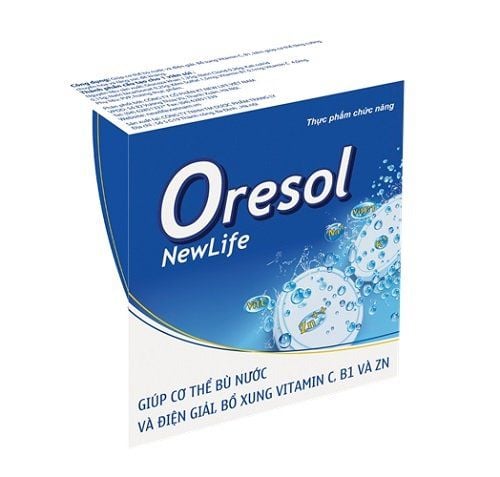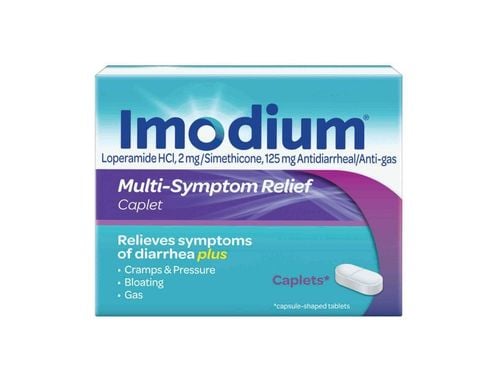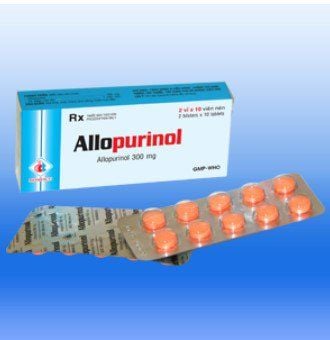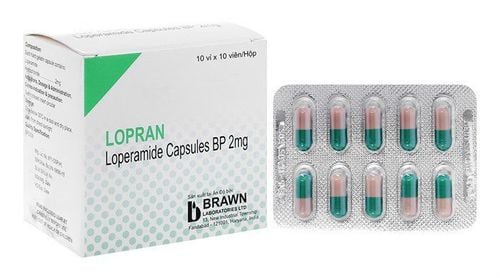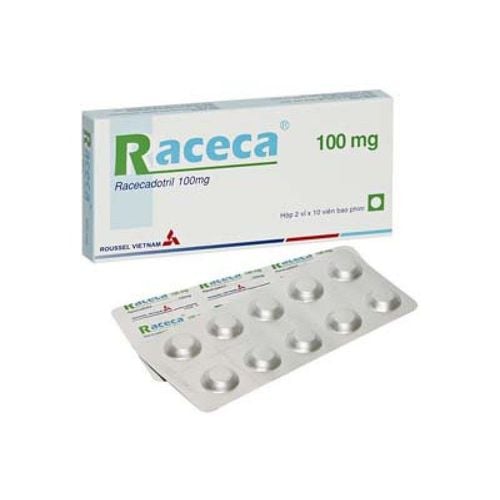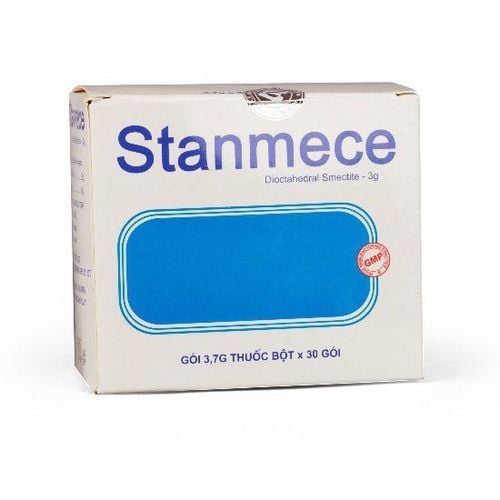This is an automatically translated article.
The article was professionally consulted by the Clinical Pharmacy Team, Vinmec Times City International General Hospital.On March 25, 2019, the French Medicines Regulatory Authority (ANSM) informed that caution should be exercised when giving clay-based medicines such as Smecta® to children under 2 years of age because there may be trace amounts of lead in the blood. body even with short-term use of the drug.
1. Smecta ®(Diosmectite)
Diosmectite (Smecta®) is a clay-based diarrhea medication that may contain naturally occurring heavy metals in the environment, such as lead. Therefore, ANSM requires laboratories that manufacture these drugs to conduct tests to ensure there is no risk of lead in the blood, especially in children.2. Use Smecta ®(Diosmectite) with caution in children under 2 years of age

Cần thận trọng khi sử dụng Smecta cho trẻ em dưới 2 tuổi
In addition, the ANSM also warns against the use of clay-based medicines for pregnant and lactating women. Medical experts advise that: controlling acute diarrhea should first pay attention to a hygienic and nutritious diet, oral rehydration with electrolytes with Oresol or intravenous lines as prescribed by the doctor. doctor.
Other clay-based drugs: Mormoiron attapulgit, beidellitic montmorillonite, kaolin and hydrotalcite.
SEE MORE:
Nutritional notes when having diarrhea Children with acute diarrhea - What should parents do at home and when to take their children to the hospital urgently? Is acute diarrhea caused by Rotavirus contagious?




